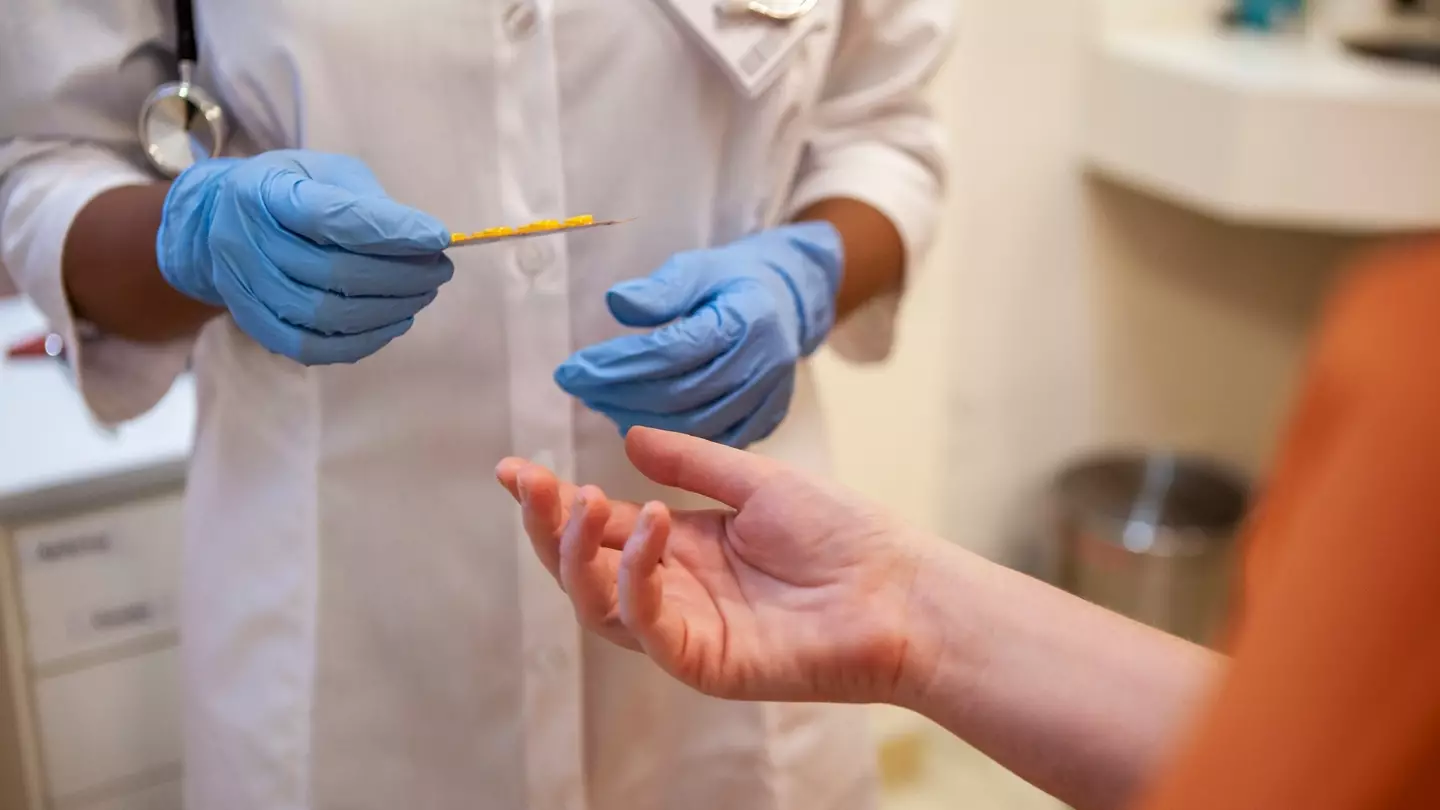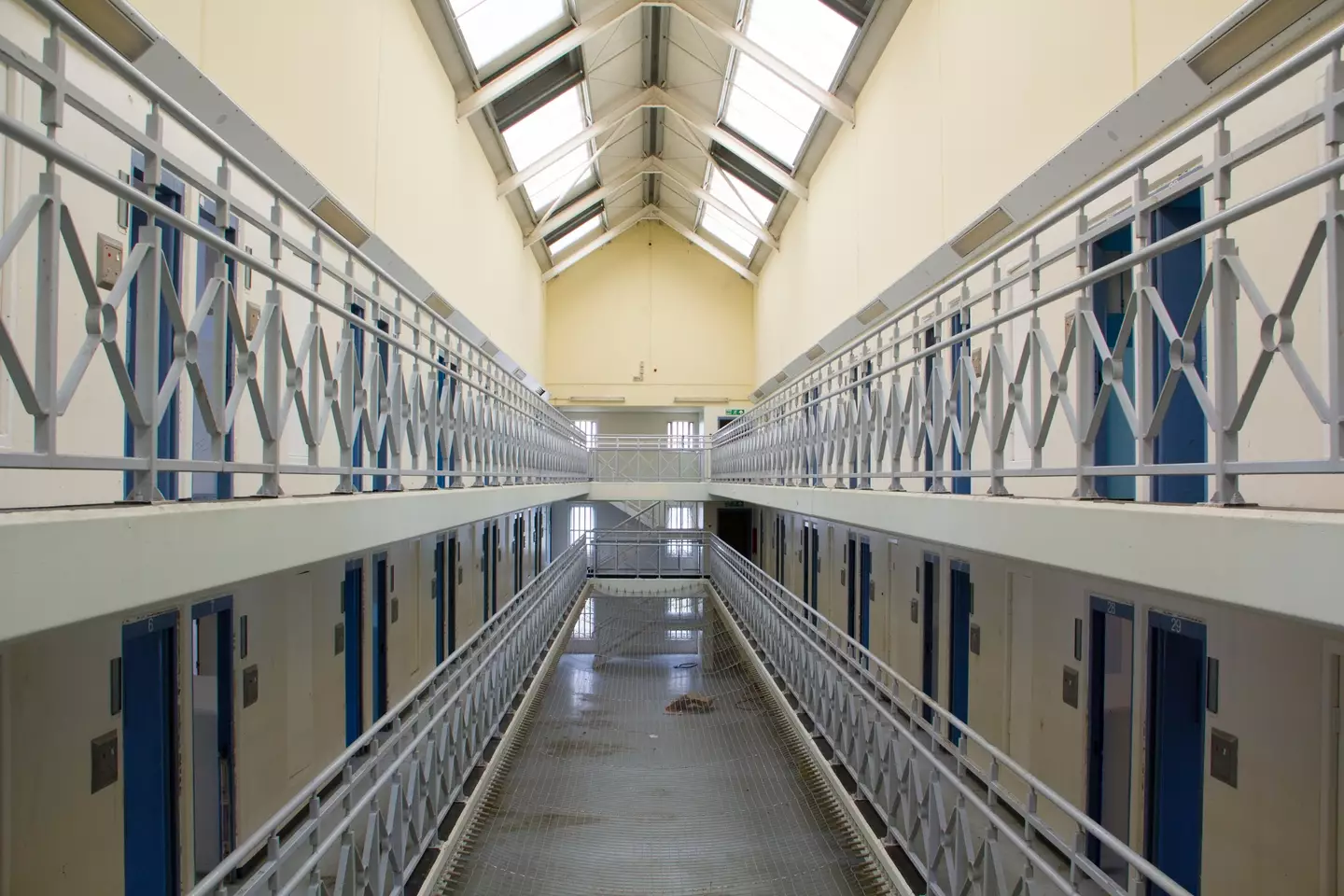
A pilot scheme to offer voluntary chemical castration to sex offenders is going to be rolled out across more of the UK.
Earlier this year, the government trialled the scheme in four prisons in South West England, which offered convicted criminals the choice to have access to drugs and therapy in the hopes of counteracting 'problematic sexual arousal'.
However, the scheme is now going to be extended to 20 prisons in the North West and North East of England as well after Justice Secretary David Lammy said the initial scheme had seen 'positive results'.
He said: "While the evidence base is limited, it is positive and for that reason we will roll the approach out nationwide, starting with two new regions, the North West and North East, covering up to 20 prisons."
Advert
As such, a further 6,400 sex offenders in the UK will be given the option to undergo chemical castration in an effort to reduce reoffending rates of rape, grooming and sexual assault.

A review into sentencing suggested that chemical castration could be used as a way for sex offenders to stop committing crimes, though the review noted that it wouldn't be effective for sex offenders who committed their crimes because they enjoyed the power and control it gave them.
Lammy said that 'evidence shows this medication helps suppress urges' and his predecessor, Shabana Mahmood, who is now Home Secretary, previously said she'd been looking at whether or not mandatory chemical castration could be introduced for sex offenders.
However, the pilot scheme and its expansion will keep things voluntary for convicted sex offenders.
According to the BBC, research into the impact of chemically castrating sex offenders is limited, but a study which followed 10 convicted criminals found that none of them reoffended after being treated.
Another study compared reoffending rates among sex offenders who had been chemically castrated and those who hadn't, with rates 60 percent lower in the group which had gone through the process.

Some countries already offer chemical castration on a voluntary basis, with Germany and Denmark among those where sex offenders have the option to take drugs which will reduce their sexual urges.
In other parts of the world, it can be used as a mandatory punishment offenders can be sentenced to.
A report into crime in the UK says that sex offenders make up 21 percent of adults serving prison sentences.
Offenders who choose to be chemically castrated take selective serotonin reuptake inhibitors (SSRIs), which are supposed to limit sexual thoughts, and anti-androgens, which limit the production of testosterone and reduce libido.
Those who take the option are also made to work with psychiatrists to work on other causes of sexual offences.